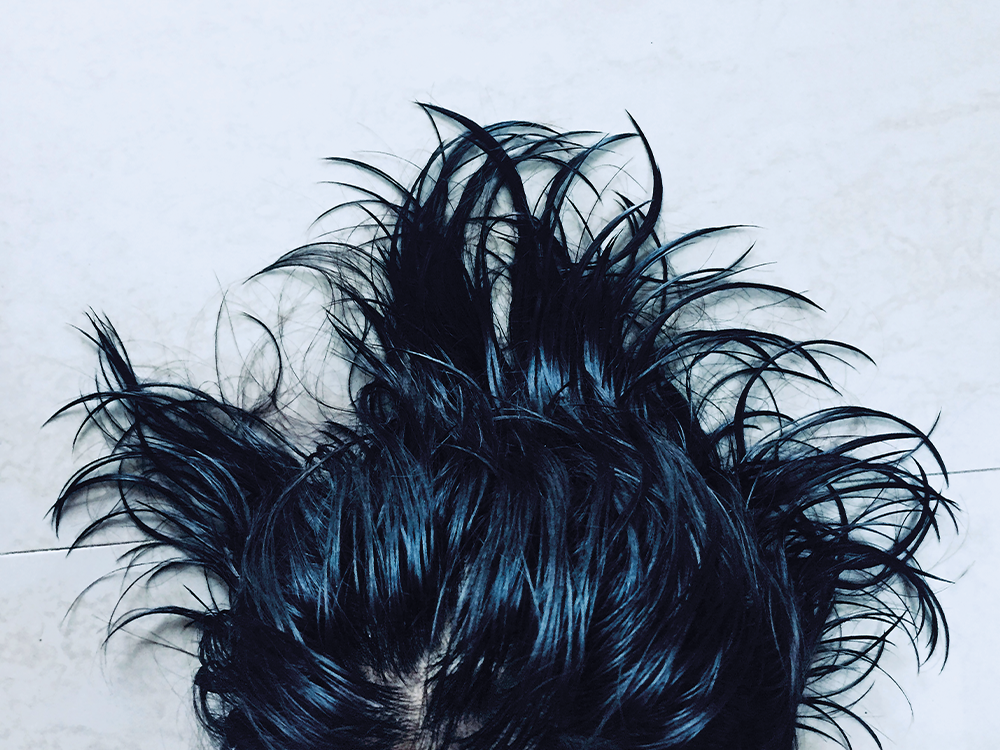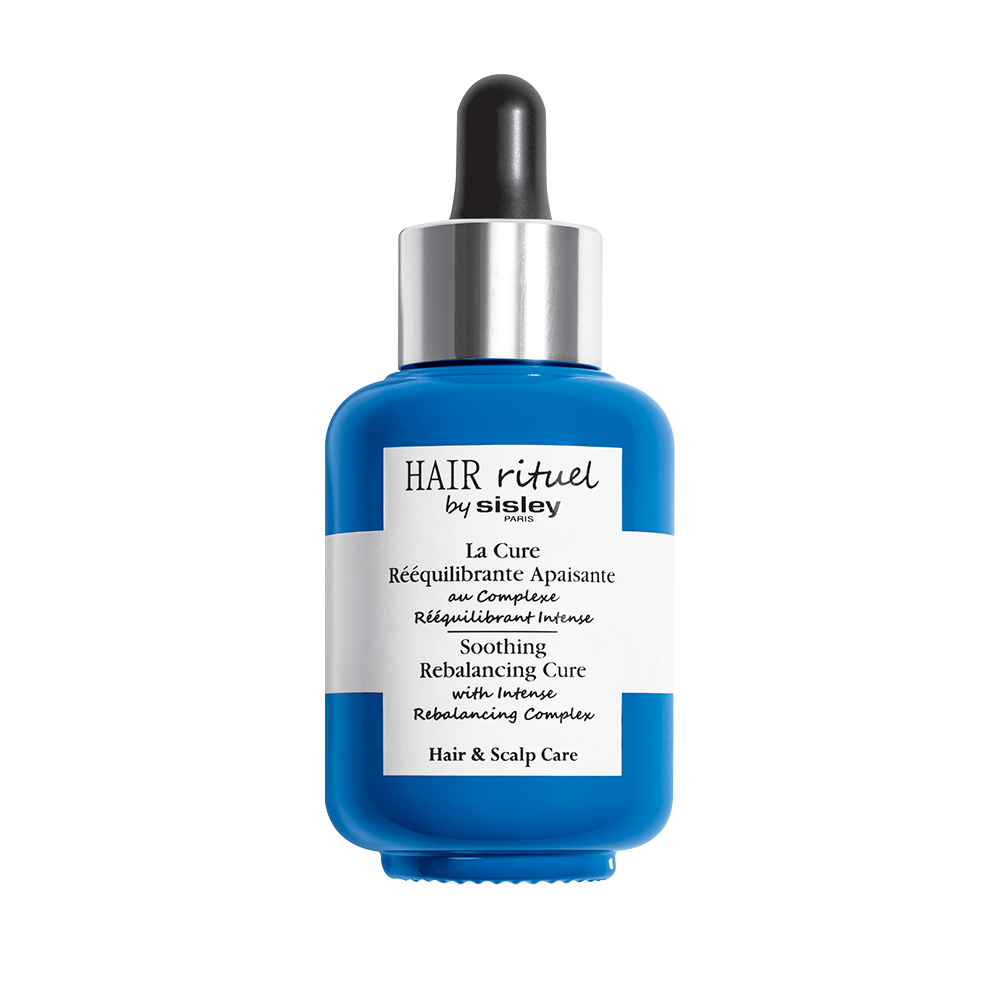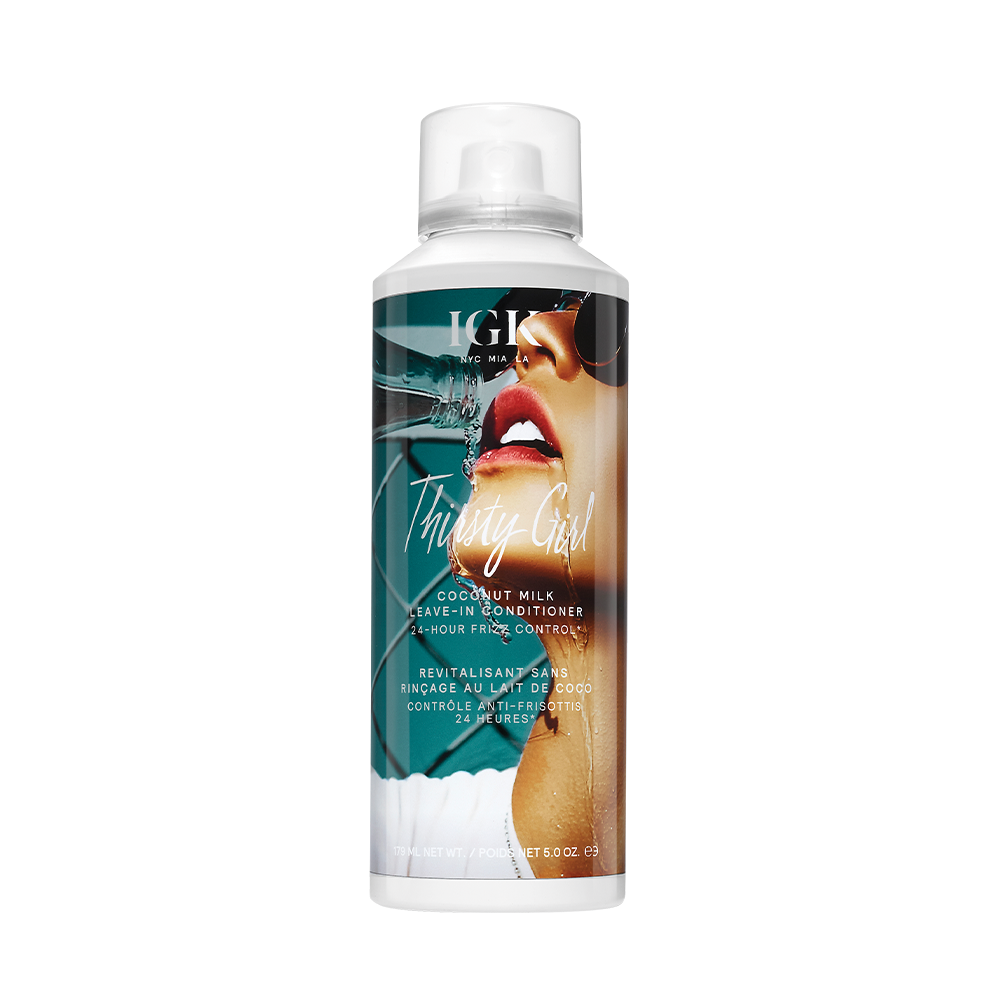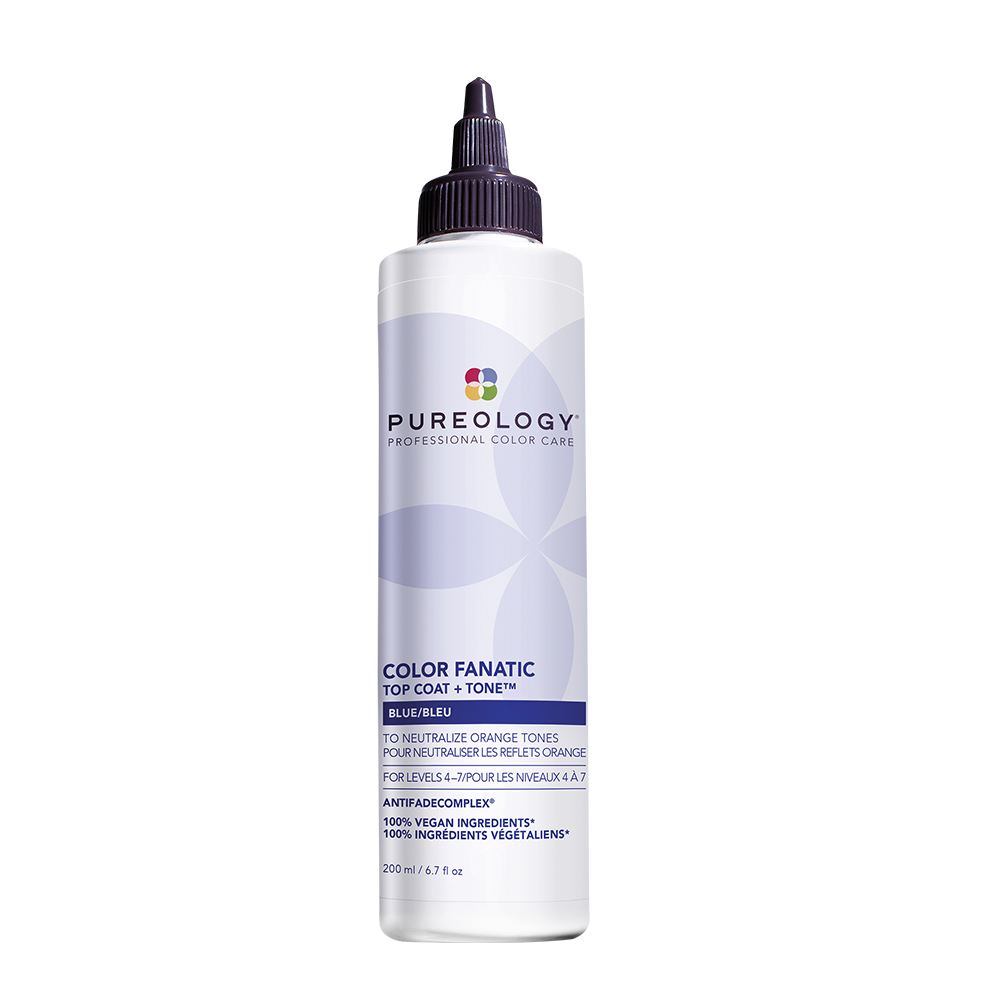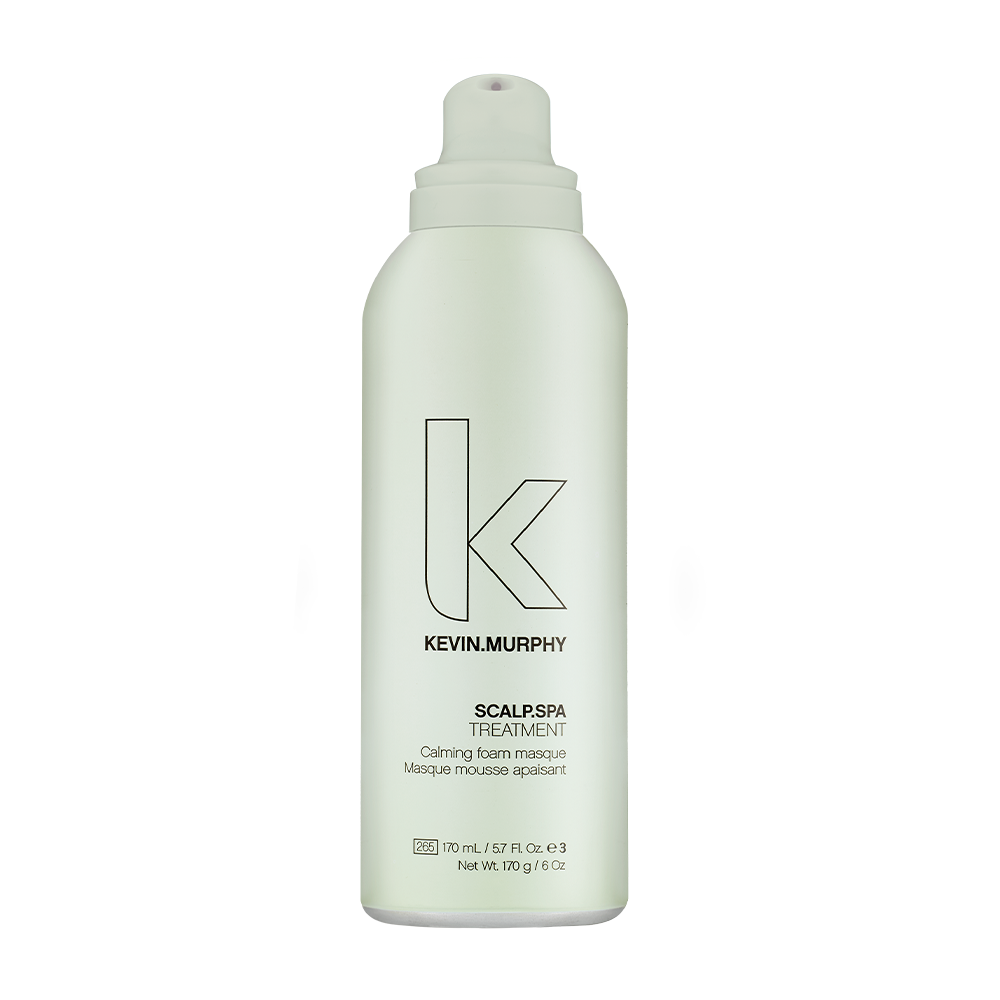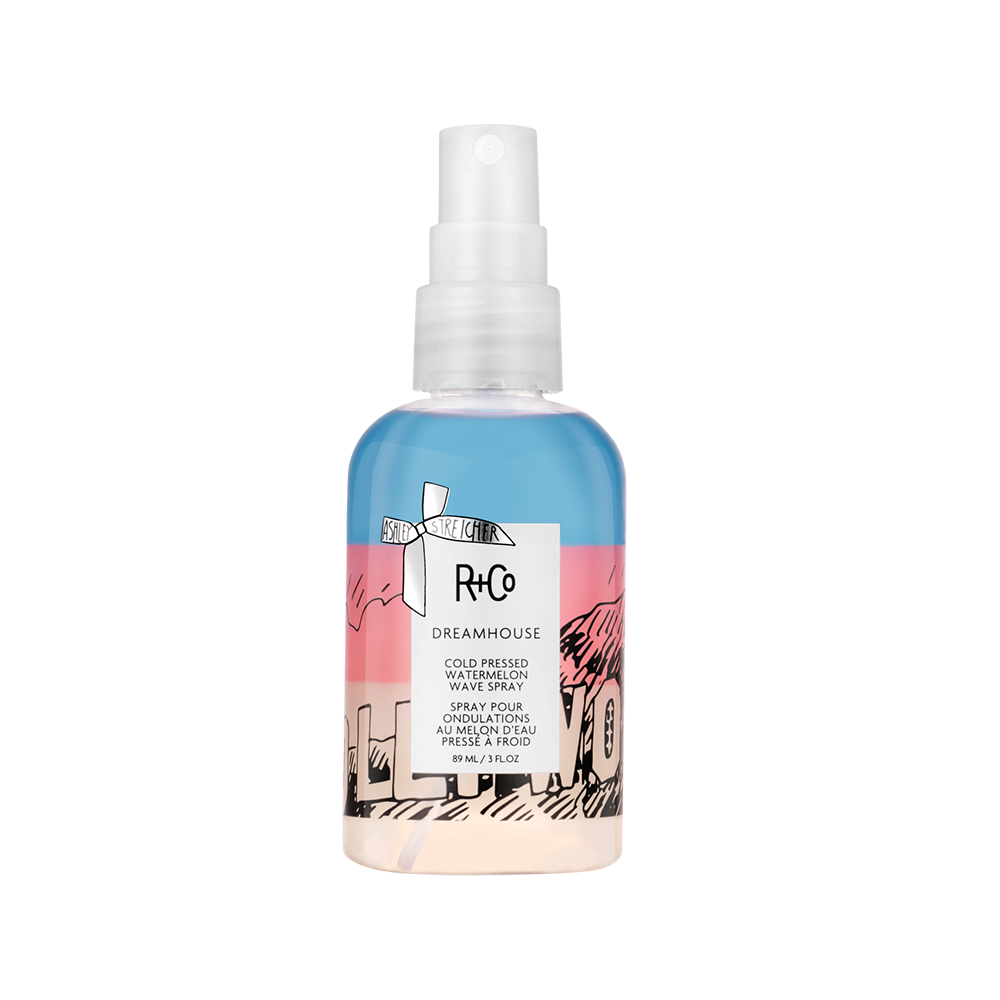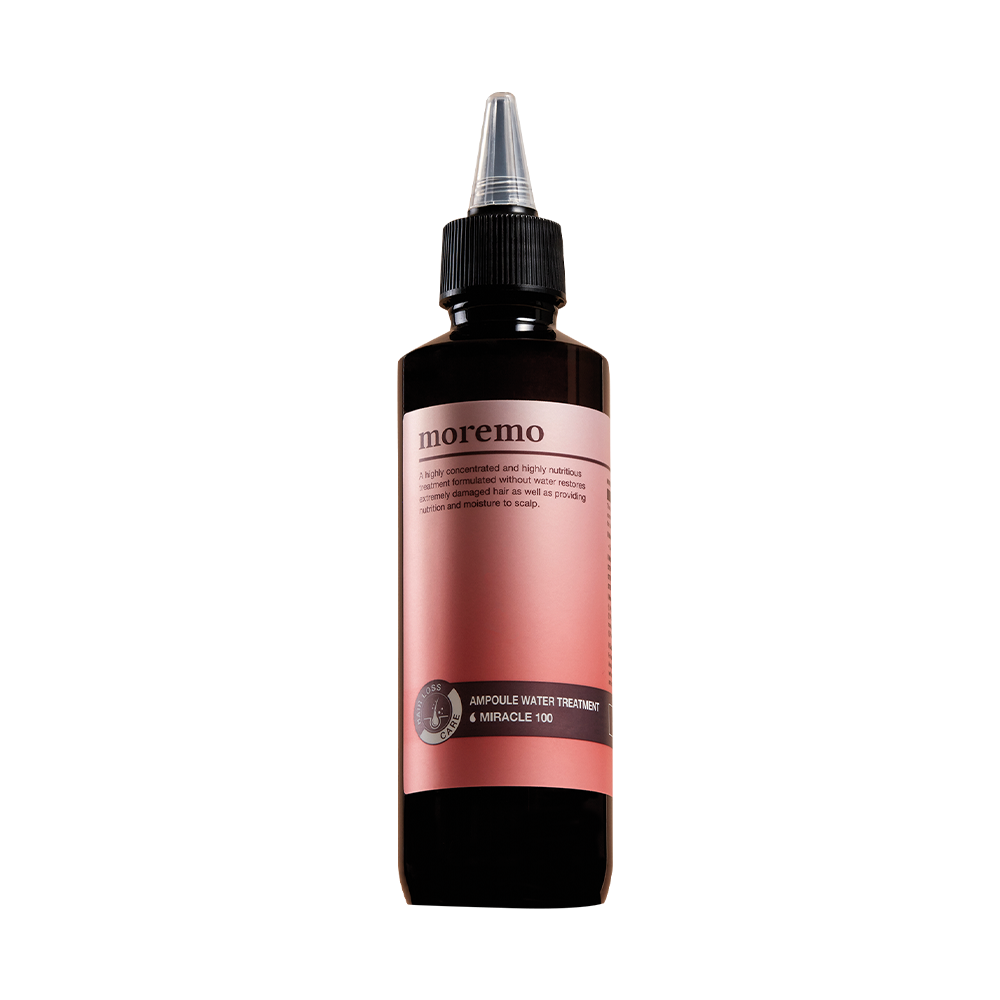Table of Contents
At New York dermatologist Julie Russak, MD’s office, skin is the focus, but she is quick to add that the field is “really starting to change how to view skin care versus hair care.”
“Many of the products we’re using on our hair are really designed to clean the scalp, which is where hair follicles are, and support its health,” she explains, specifically pointing to salicylic, glycolic and hyaluronic acids, as well as lanolin oil, as common skin-care ingredients that are great for both hair and scalp. “Scalp is skin, so using really high-grade skin-care products on the scalp is definitely becoming more of a trend.”
Celebrity colorist Chad Kenyon also appreciates how closely tied skin and hair-health are, and says the science behind it, while it may get the bill for being “cutting-edge,” isn’t all that confusing. “Hyaluronic acid is great for the skin,” he explains. “It holds 1,000 times its weight in water, so it’s great for infusing moisture into the hair like it does the skin. Salicylic acid is a mild option for oily scalps to gently exfoliate and dissolve oil or buildup, instead of using an abrasive or gritty scrub.”
The product development team over at celeb-favorite R+Co is also a fan of “actives” in hair care, but stresses that how the levels work when compared to skin care isn’t exactly the same. “Hyaluronic acid is found in many facial moisturizers; it locks in hydration, keeping skin supple, dewy and nourished, and that applies to the hair and scalp, too. Plus, the hyaluronic acid can help attract hydrating ingredients from products that are layered on top.”
Another skin-care ingredient the pros are fans of: the always-reliable plumper of collagen. “It’s high in protein-building amino acids that help strengthen hair and improve elasticity in the dermis layer of the scalp. It also helps fight free radicals that can be damaging. Collagen is key in skin care and hair care, and they are closely tied, as the collagen our skin naturally produces diminishes over time, which can lead to fragile strands and breakage.”
Bethesda, MD dermatologist Iris Rubin, MD says it makes sense to apply skin science to hair care because the scalp is skin, and the manufacturing plant for the hair. It’s a statement she believes in so much that she founded SEEN, a hair-care line that prides itself on developing clinically proven products that won’t clog pores, all while promoting a healthy scalp and skin.
“It turns out hair products, even rinse-off ones, can leave a residue on the skin for hours—on your scalp, face and back,” she says. That residue can potentially clog pores or irritate the skin, leading to acne and breakouts. While many companies are interested in the ‘skinification,’ of hair, it doesn’t hurt to have ingredients that actually help the skin, too.”
The most important factor to keep in mind, says cosmetic chemist Kelly Dobos, is that the scalp is rich with sebaceous glands, so excess oils can lead to itchy, flaky dandruff and dermatitis. “Typical humectant ingredients like glycerin can be used for hydration, but they are very water-soluble,” she explains. “It’s likely most of it gets washed down the drain when they are used in shampoos. However, positively charged humectants are substantive to the skin and hair surface, which are negatively charged.”
Her best recommendation: “We know that salicylic acid on the scalp helps in a similar fashion as it does when used for acne, working to control oil production and increase skin’s natural rate of exfoliation. Studies also indicate that both caffeine and niacinamide may help promote hair growth and fullness. The scalp contains a large number of hair follicles—about 100,000 on average—and these follicles provide an additional route for ingredients to penetrate the skin, which means they’re ‘getting in there.’”
Scalp is skin. So using really high-grade skin-care ingredients is definitely important.
The Leave-In Link
When it comes to how actives work in hair-care products like shampoo and conditioner (i.e., all the “stuff” that washes off in the shower) versus leave-ins, Aaron Grenia, cofounder of IGK Hair Care, says it boils down to the product’s formulation. “Rinse-offs—shampoos, conditioners, masks, and other treatments—are designed to be washed out, so some ingredients may be at special concentrations that are not always best for leave-in wear. This differs from leave-in products, which are made with ingredients at concentrations suitable to be left on the scalp and hair without causing irritation. Think of a professional-level serum versus a face mask that gets rinsed off after a few minutes. Both may feature the same active ingredient, but the levels are often different.”
Find a Doctor
Find a NewBeauty “Top Beauty Doctor” Near you
 fashion rec fashion wanted
fashion rec fashion wanted
